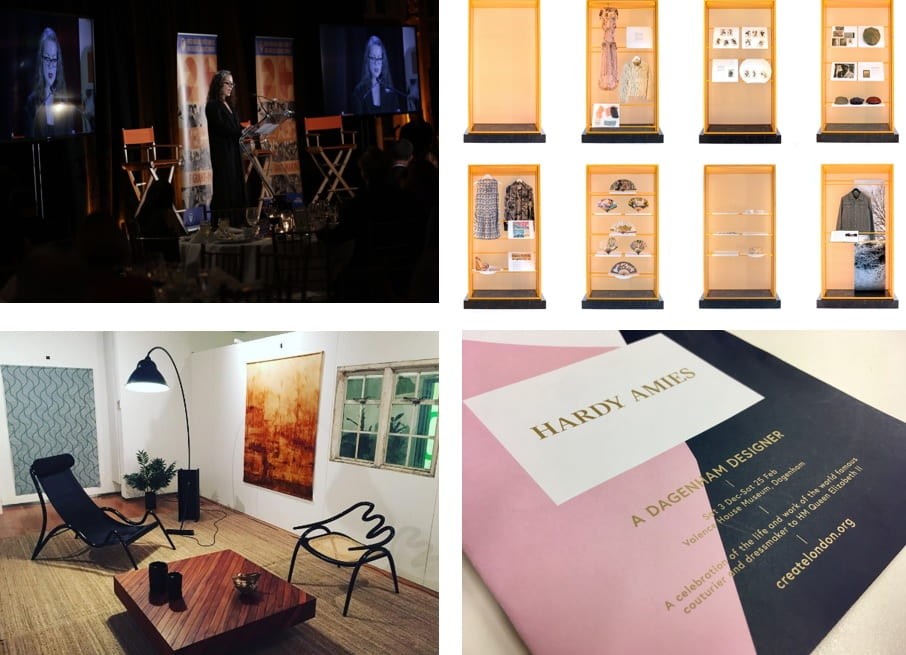In the opening chapter of his biography, Dickens, Peter Ackroyd points out the parallels between our time and the Victorians
“… The death of Dickens came as evidence of a giant transition; in these last decades of the nineteenth century, the English people were witnesses to the fatal disruptions of an old order and the uneasy beginnings of a new. There are times, when looking at Dickens, or when looking at the people who mourned him the years between his time and our own vanish. And we are looking at ourselves.”
Truly, we are in the process of a shift – not only is the West losing its economic dominance to the East, but the very basis of capitalism has been called into question. Now, 200 years after the birth of Charles Dickens with real gloom centring on the economy both here and across the world, there are questions about the values we have as a society: the distribution of wealth; support for the weak and infirm; and the growing unemployment figures. As we worry about the future employment and careers opportunities for today’s youth and the care of the elderly, so Dickens addressed these social issues in his magnificent novels. Unemployment, poverty, the precarious nature of employment in difficult economic times, working conditions, child labour and our responsibilities to others were themes that threaded their way through his story lines.

While in 2012 working conditions in the West have improved, the uncertainty over our personal futures has increased. While many young people are encouraged to work hard at school so they are able to go to university, students leaving are finding it increasingly difficult to find paid work. The Higher Education Statistics Agency showed that one in 10 of those who graduated in 2009 still had no job after six months. Nearly 20,000 of them were unemployed, up by a quarter on 2008. Those faring most badly had had studied computer science (17 per cent) and mass communication (14 per cent), but worst of all, nearly 3000 creative arts and design graduates were not in paid work, the highest from any subject area.
The Statistics Agency also reported on a study of 50,000 graduates who left university in 2007 found that they are more likely to be unemployed than their predecessors. The number remaining jobless after three years has been steadily rising over the past decade – from 2.3 per cent to 3.6 per cent.
In December the news was worse: graduate employment hit a 15 year high with one in five of the graduates from 2010 out of work a year later. Massive youth unemployment threatens the social and economic future of this country.

Camilo Echeverri. MA Fashion Photography 2011
The human context of statistics like these can be easy to miss. The loss of confidence, the growing feelings of impotence, the constant rejection that undermines self worth and the difficulties of keeping abreast of new skills and technologies are the very real consequences that these figures represent. Dickens had a great gift of being able to illustrate the awful searing reality with a personal story. Despite the harsh reality that he depicted, nevertheless there was always a dose of optimism. From Great Expectations to Hard Times the idea, that you can work out your future and build a new career at a time of great economic transition is present.
At the London College of Fashion, we are all too cognisant of the employment prospects for our students. We understand that they must leave equipped with the skills to find work, but that does not mean that we compromise on helping them to have a full learning experience so that they have undertaken a journey of discovery.
We believe also that we should pass on our values. We want them to create fashion which has quality of design, is made of materials that will last and can be adapted and have looked at the implications of how it is to be recycled are opportunities– we don’t have to slip back into Dickensian times just because money and work is in short supply.
The same goes for business. Now is the time to emphasis factors such as corporate social responsibility principles and values. New technologies and the influence of social media where we have instant feedback on the quality of the product or service we offer makes corporate social responsibility and a wider understanding of the implications of what we offer within the fashion industry more, not less, important. In Hard Times Dickens was concerned to question the intrinsic nature of the way industry was organised – to challenge the fact that industries’ productivity was emphasised at the expense of the human satisfaction and well being they were supposed to be serving. Now, 200 years, later we do not want to be responsible for turning the clock back.




